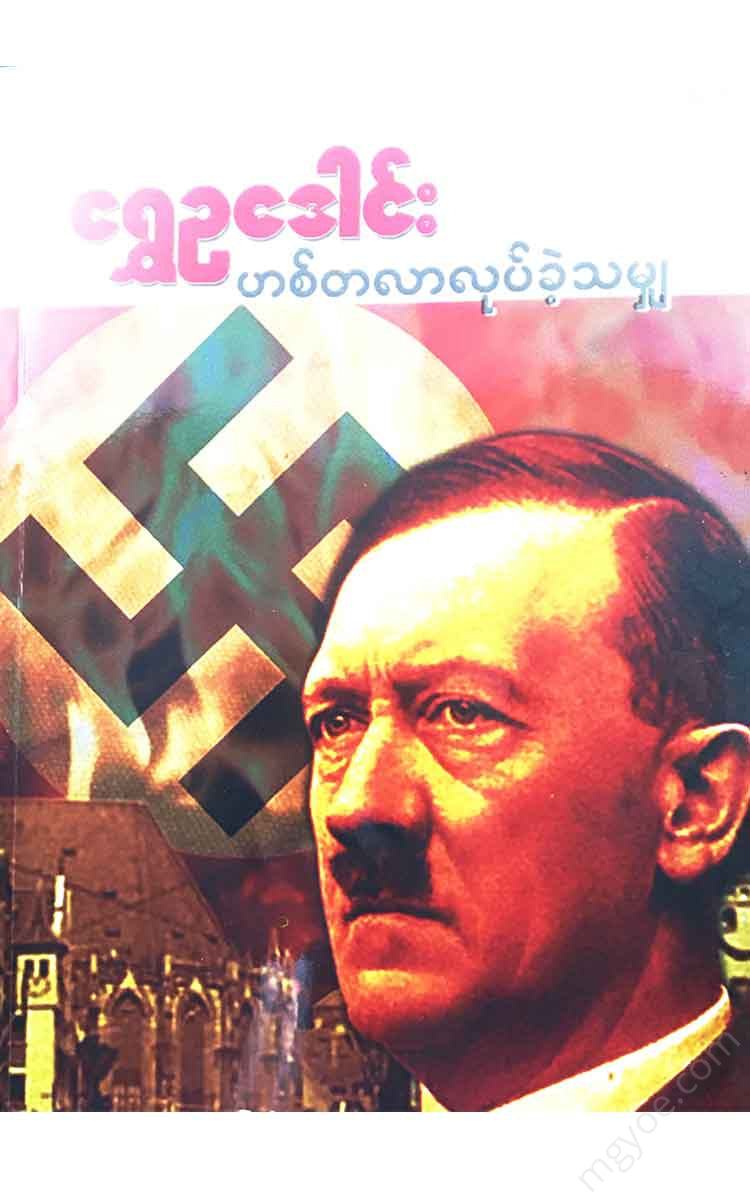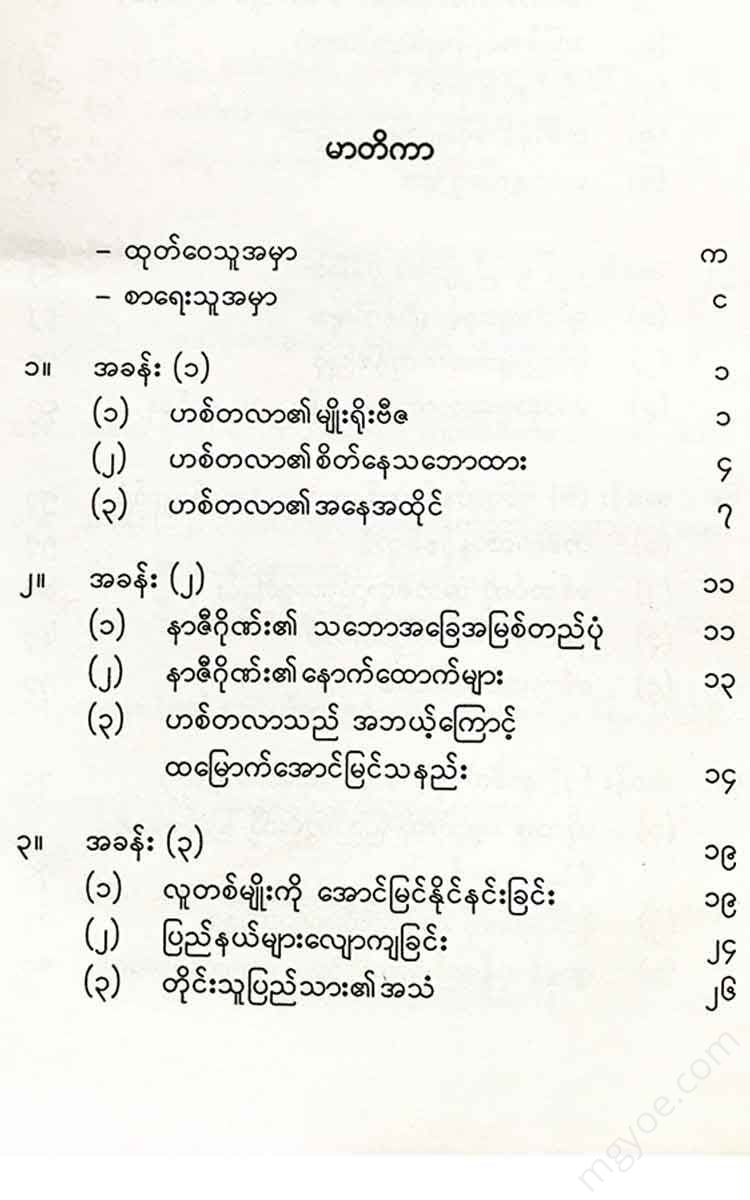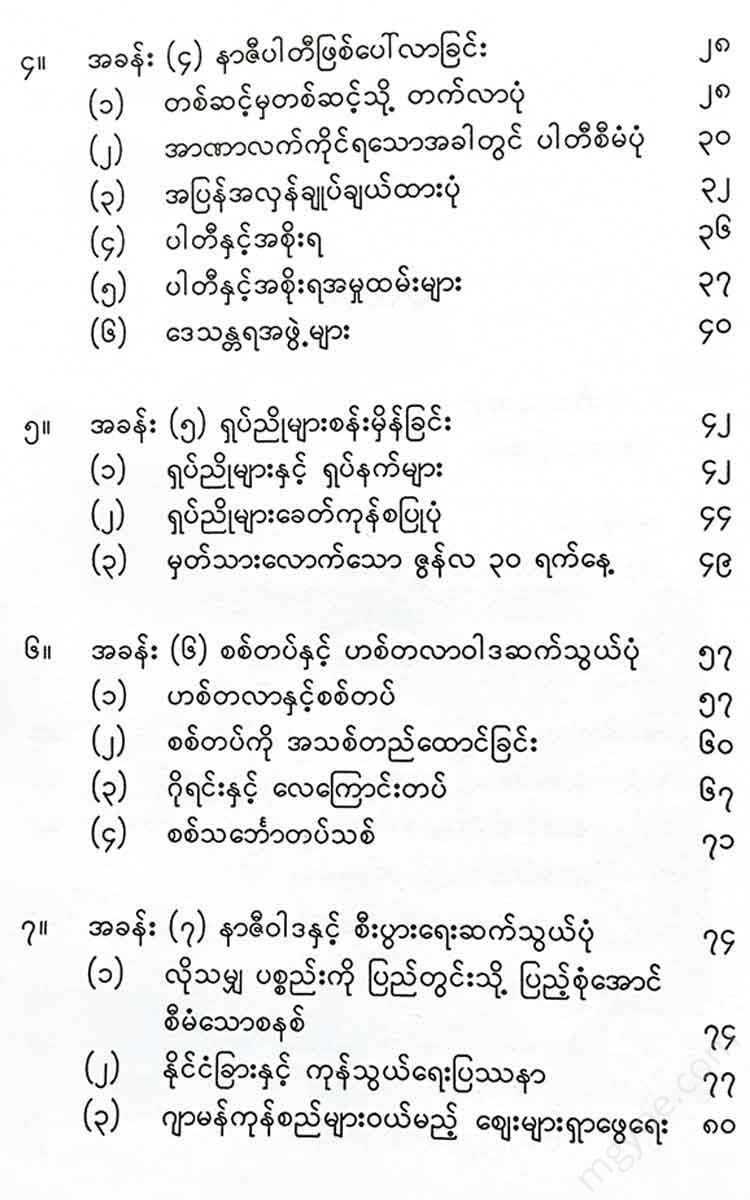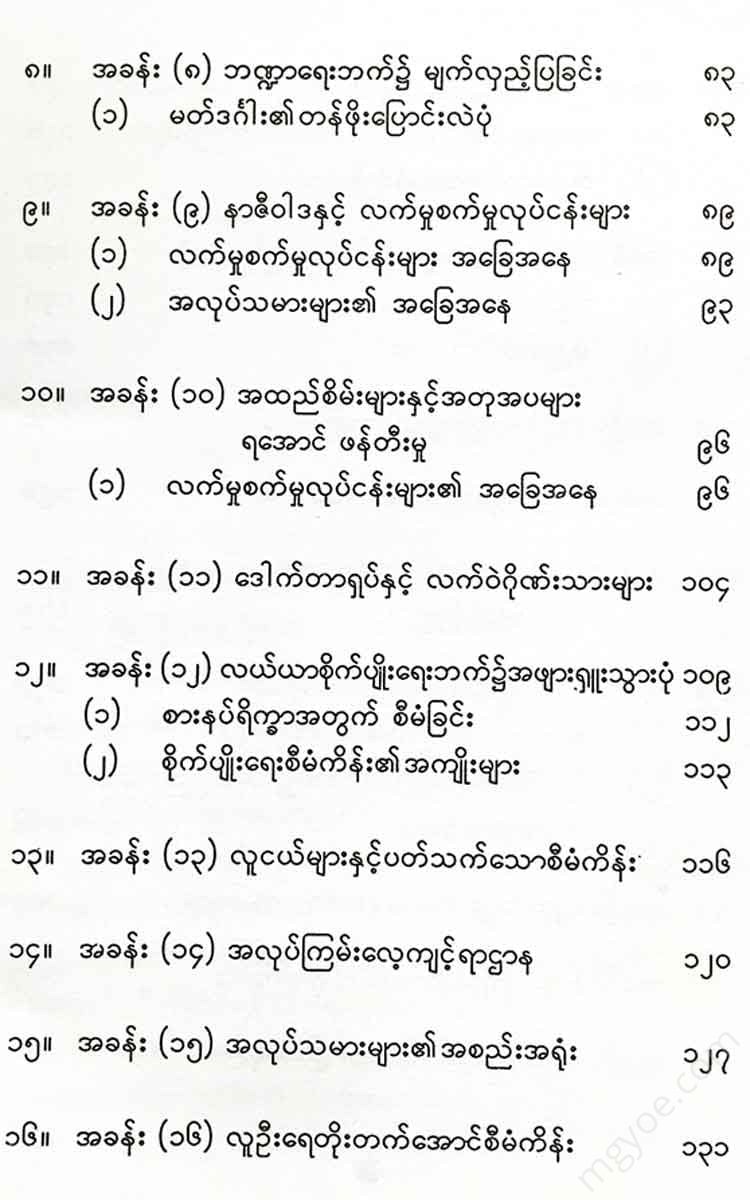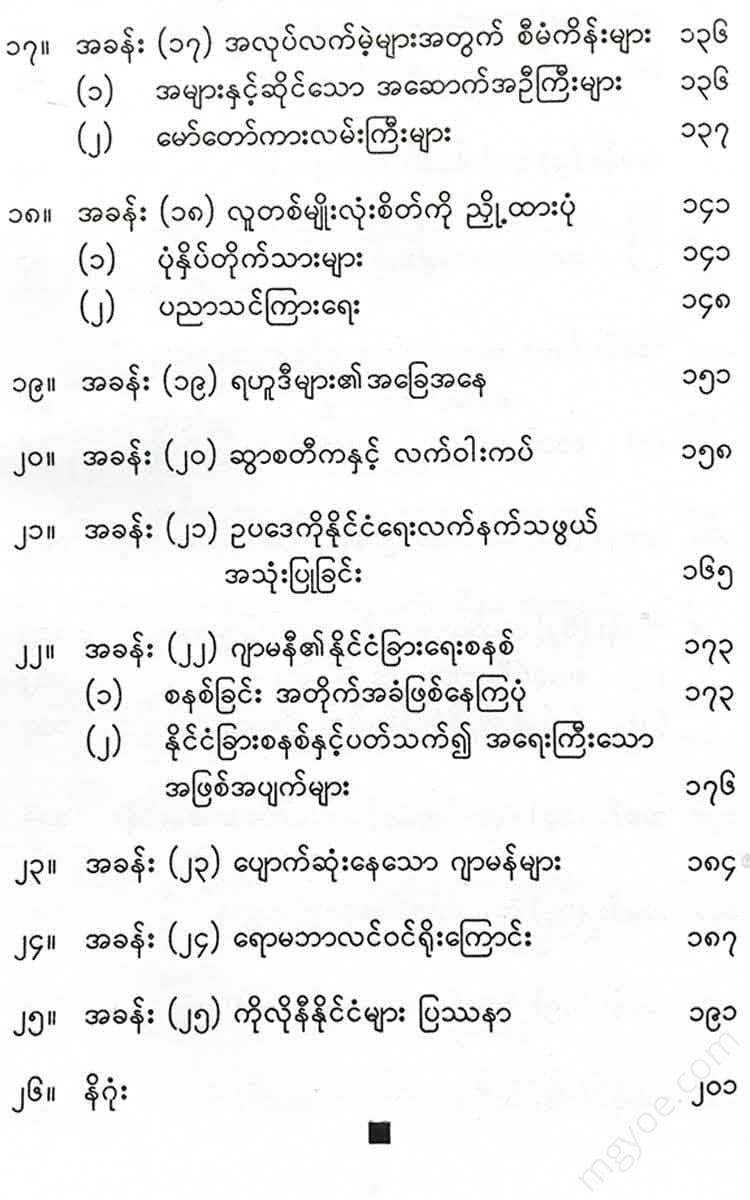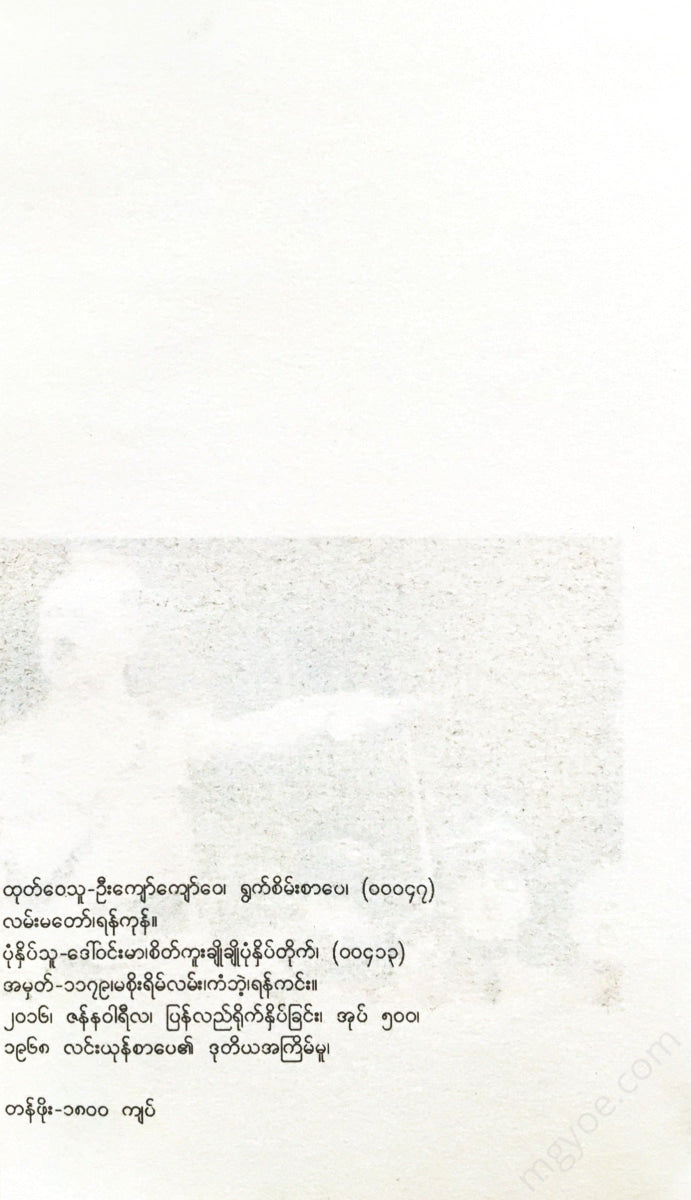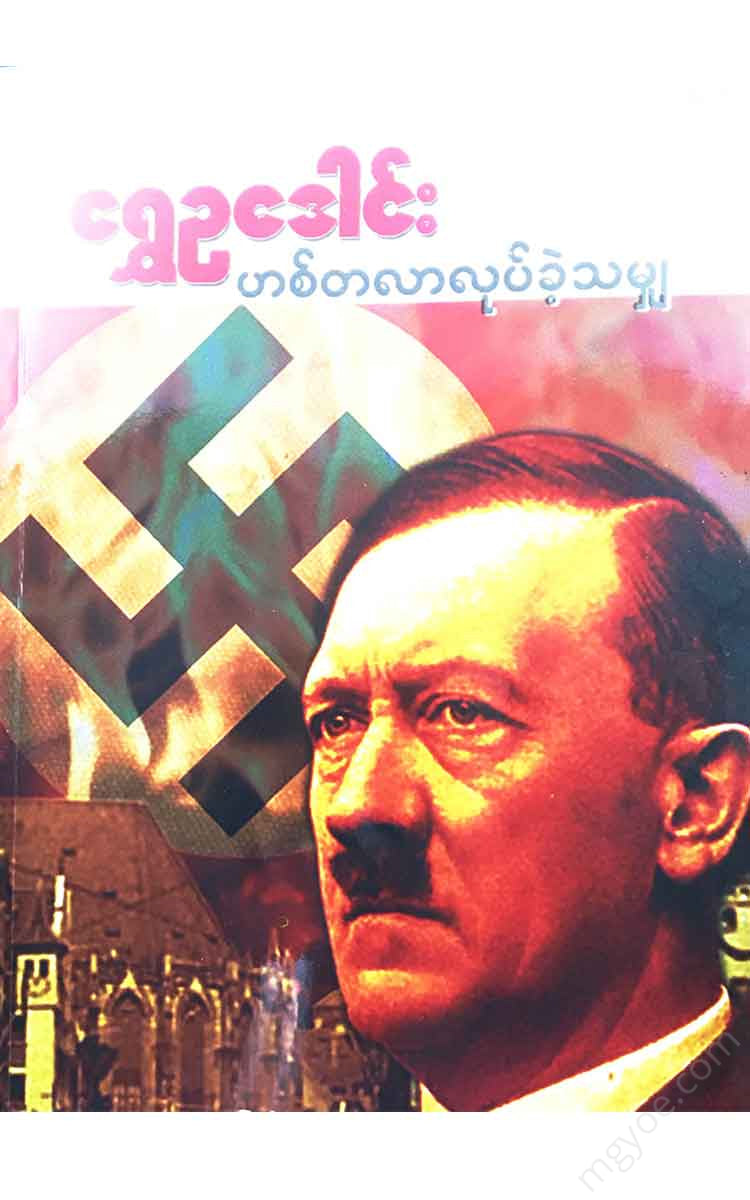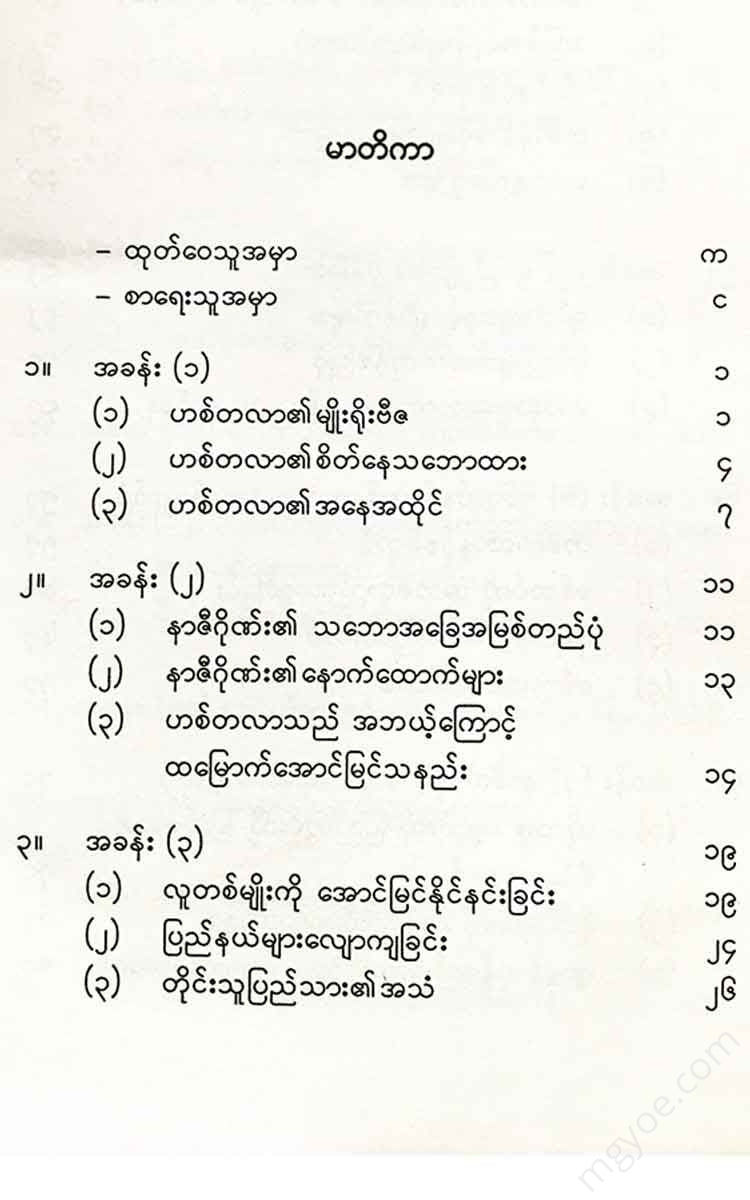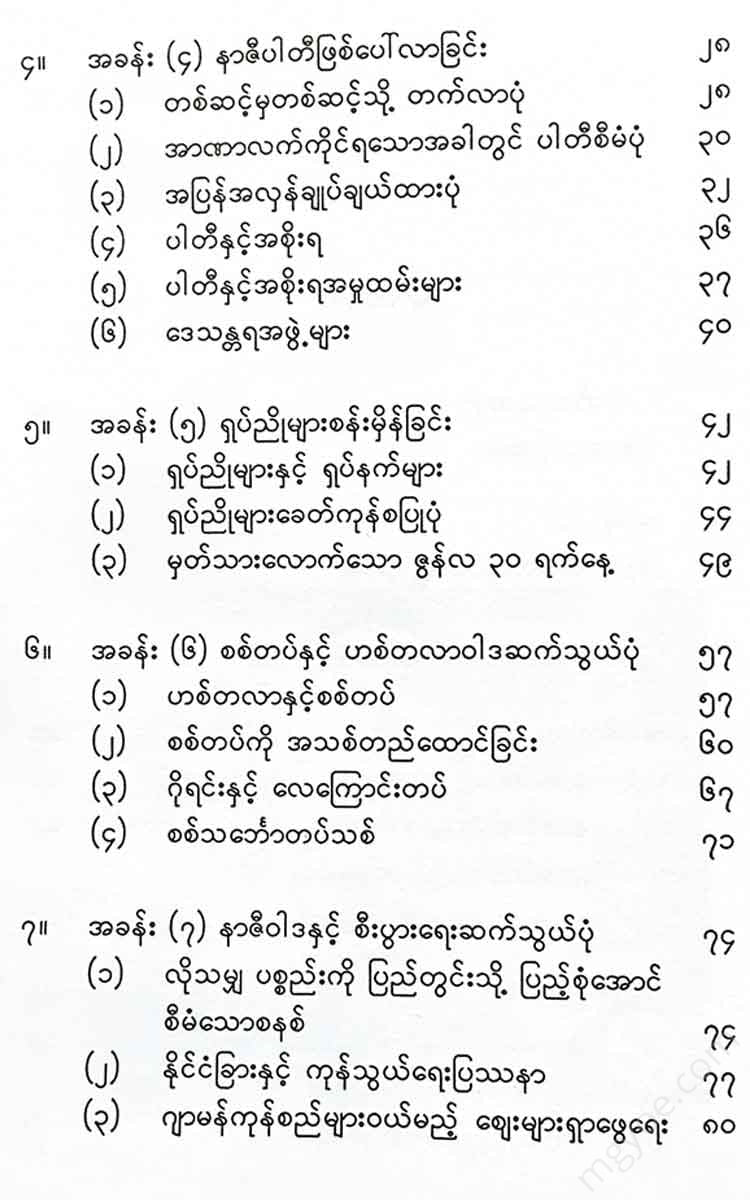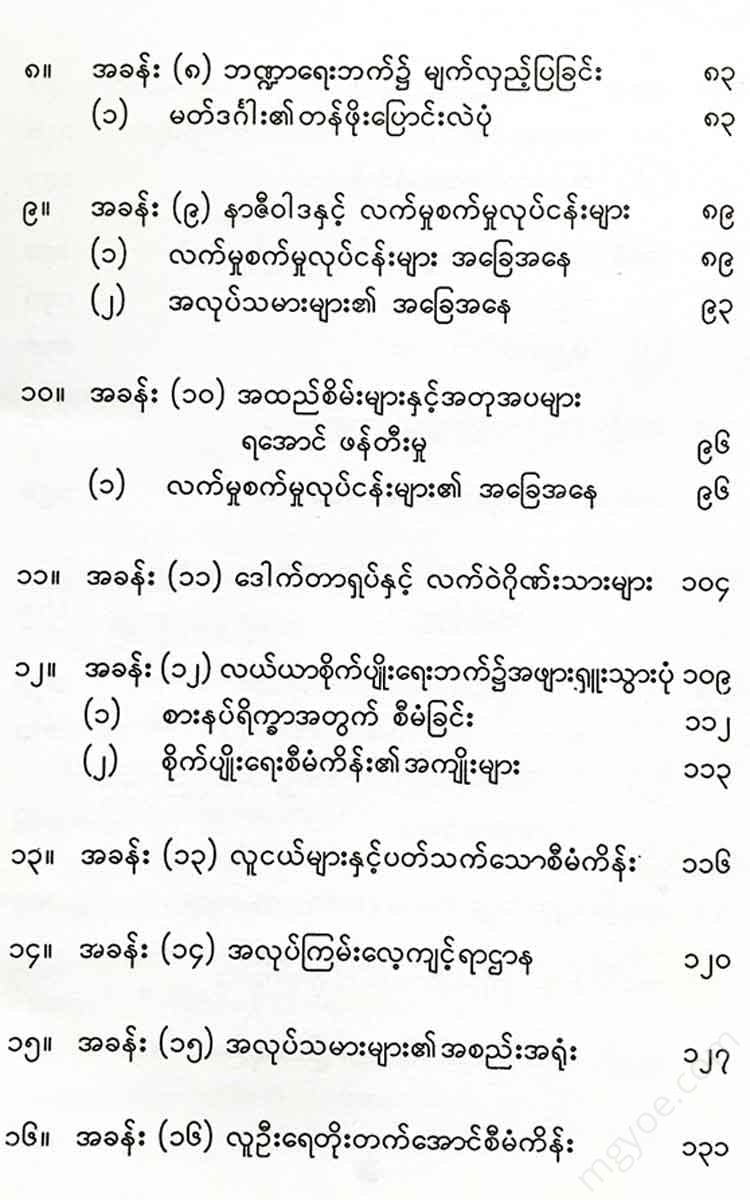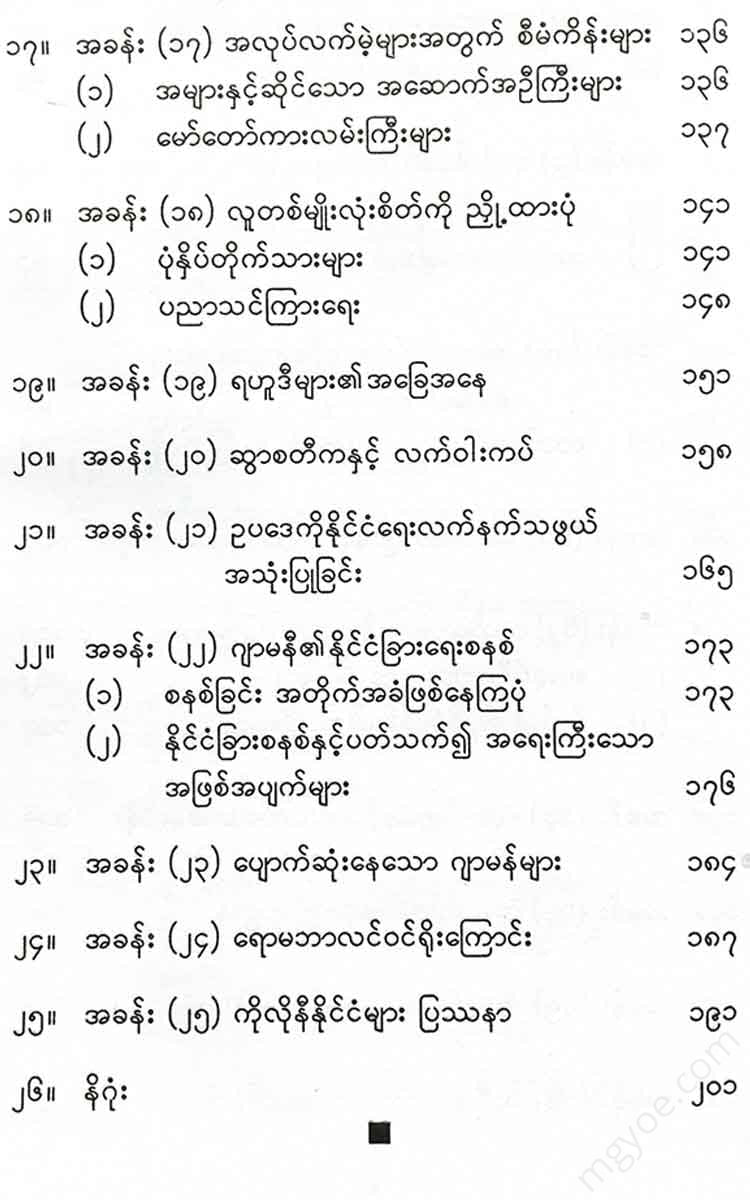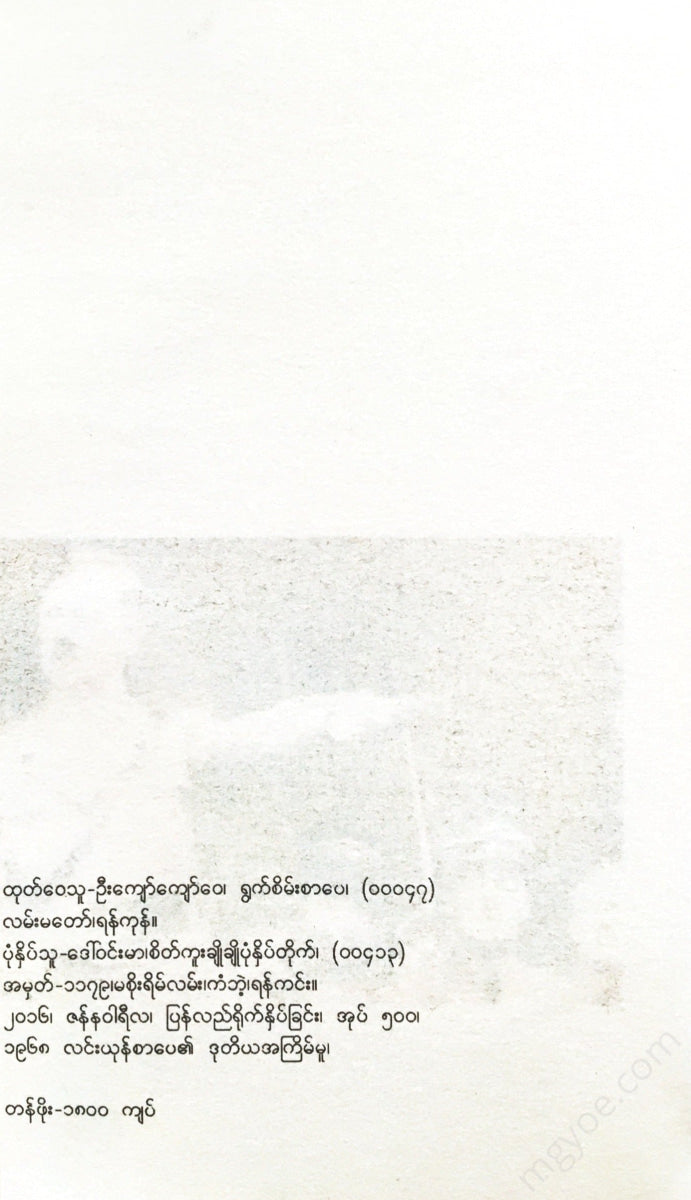စိတ်ကူးချိုချိုစာပေ
Golden Peacock - Everything Hitler Did
Golden Peacock - Everything Hitler Did
Couldn't load pickup availability
Chapter (1)
1. Hitler's genetics
In Europe, people who boast of being “great-grandfathers” can trace their lineage back not only to their ancestors but also to four or five hundred years. Hitler, however, can trace his lineage back only to 1725, even if he includes reliable lineage. Hitler’s father was a shoemaker who had many wives, and eventually rose to the rank of minor official in Austria, relying on his wife’s prestige. Hitler was the son of his father’s third wife, and his mother had earned her living as a servant.
Hitler's mother used to "put him down" by calling him "a mere human being", and Hitler, who seemed unwilling to accept this, seemed to have a "sour spirit" and a desire for revenge against the people of the world. It is also possible that he did not look after his close relatives, the Austrians, because of this.
While at school, Hitler did not study literature as hard as other students, but studied only two subjects that interested him: geography and world history. When other students made fun of Hitler for looking at maps, Hitler would look at his friends with wide eyes and say, "I will erase the borders of Germany and expand it." A student once said that Hitler was a man of great ideas and imagination.
From the age of 13 to 18, Hitler spent his time doing "loafing" without any formal education. As is typical of the physically disabled, he had a high opinion of himself and considered himself unfit for ordinary work.
At the age of 18, Hitler went to Vienna, Austria, to earn a living as a laborer. However, he had no love for labor or for those who worked hard. Eventually, Hitler, driven by hatred for Jews and laborers, left Vienna and went to Munich. There, he made a living painting billboards, houses, and postcards.
1914 was a year of great hardship for Hitler. As a young man of thirty, he had been wandering around without a job, and he wrote that he was so grateful that he had found a job because of the war that he knelt down and thanked God. As soon as the war broke out, Hitler enlisted in the 16th Cavalry Regiment and went to the front lines before the First World War.
During the four years of the war, Hitler fought in 48 battles. He received medals for bravery in the battles, and the scars of the wounds he received can still be seen on his body today.
On the battlefield, Hitler was not a popular figure. The soldiers thought that Hitler was too arrogant and self-centered, and the officers disliked him because they only liked people who were happy and cheerful.
Hitler, who was loyal to his old friends, was no longer a loyalist, and it was for this reason that he did not honor any of his old friends, except Sergeant Major Amann, in his growing years. While others were promoted to high positions during the war, Hitler, after four years of military service, was content with the rank of lance corporal. On October 14, 1918, Hitler was wounded in the Battle of Montaigne and was hospitalized. After recovering from his wounds, on November 9, he resolved to "become a politician."
( 2) Hitler's attitude
Hitler was a man who was obsessed with his own thoughts and ideas, and even during cabinet meetings when important matters were being discussed, his acquaintances said that he would often be absorbed in his own thoughts, as if he had not heard what others were saying.
Just as the Turks had captured the tomb of Christ in ancient times, and the brave Christians of all nations had gone to fight against him, Hitler saw himself as a hero who would save the world from Bolshevism. Just as the monks who were skilled in alchemy imagined what they would do with the gold they had, so Hitler imagined what they would do with the Ukraine and Siberia that the whole world would marvel at when they conquered them. When he spoke of his imagination, the Germans were filled with joy. Hitler would stretch out his arms, roll his eyes, and say that he was grateful to God for giving him Germany, that his people were grateful to him, and that God had given them a man like him.
Hitler's murders, repressions, and imprisonments were not seen by the people as connected with Hitler. They believed that these actions were simply the work of General Göring. The rise of Nazism was only possible because Hitler, the idealist, teamed up with Göring. Just as Hitler could not have survived without the Nazi Party, the Nazi Party could not have survived without a leader like Hitler.
No one would argue that Hitler was a man of extraordinary ability. The English philosopher Ruskin once wrote that all who have attained greatness in the world must have had the faculty of reasoning, and Hitler was not even close to possessing that faculty. For this reason, scholars have had difficulty in estimating Hitler's character and abilities. One of Hitler's extraordinary qualities was that he thought of himself as a benefactor who would save the world, and that he regarded the most mysterious problems as if they were being directly revealed to him by God Himself.
Hitler's mind was not subtle, so he could easily and clearly explain the most complex problems of national and international affairs. Hitler was a man of obvious integrity, and he spoke what he believed, putting all his strength into everything he said and did. Because he spoke with such passion, his listeners were swept along by the current, believing what he believed.
But it is true that Hitler would say one thing today and another thing the next day. But this change was not due to any insincerity, but simply because he spoke as he truly believed at the time and did not seem to know what he was changing. Those who advised him could not know what he would say at another time. Hitler, being a man of action, sometimes spoke impulsively, but Goebbels had to mark his speech with a blue pencil and send it to the newspapers, who would then print it with the corrections.
Hitler, before he had time to speak, would stutter and jump here and there, but when he was in a hurry and was enthusiastic, he could speak in a continuous flow, as if pouring water from a jug. But when he lost his momentum and became disorganized, he would sometimes sit down abruptly, and sometimes he would extend his arms in the manner of a salute he had invented, and stare straight ahead. One of the most remarkable things about Hitler was that he seemed to recognize the seriousness of the phrase “oiled mortar and pestle,” and by repeating it over and over again, he managed to make it stick in the minds of his listeners like a nail.
( 3) Hitler's attitude
Hitler was a simple man, so he lived in the palace in Berlin.
